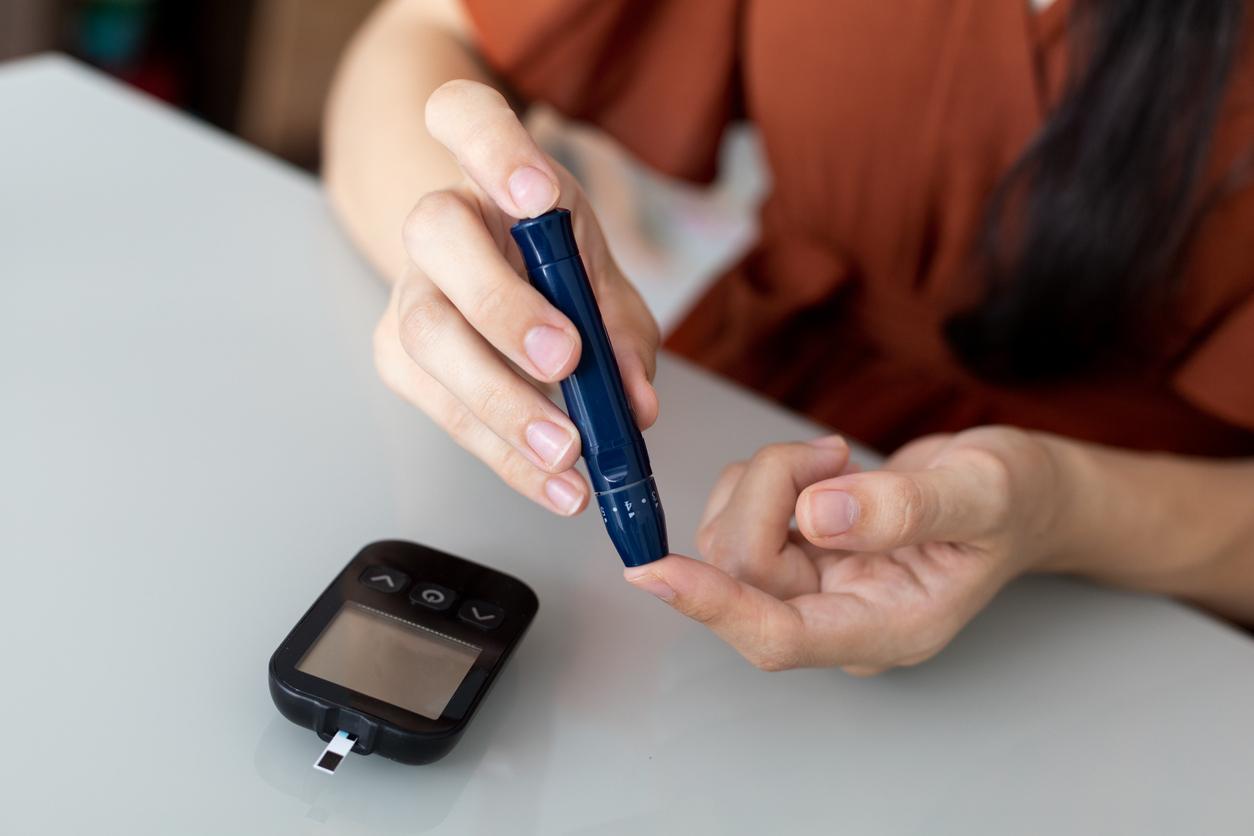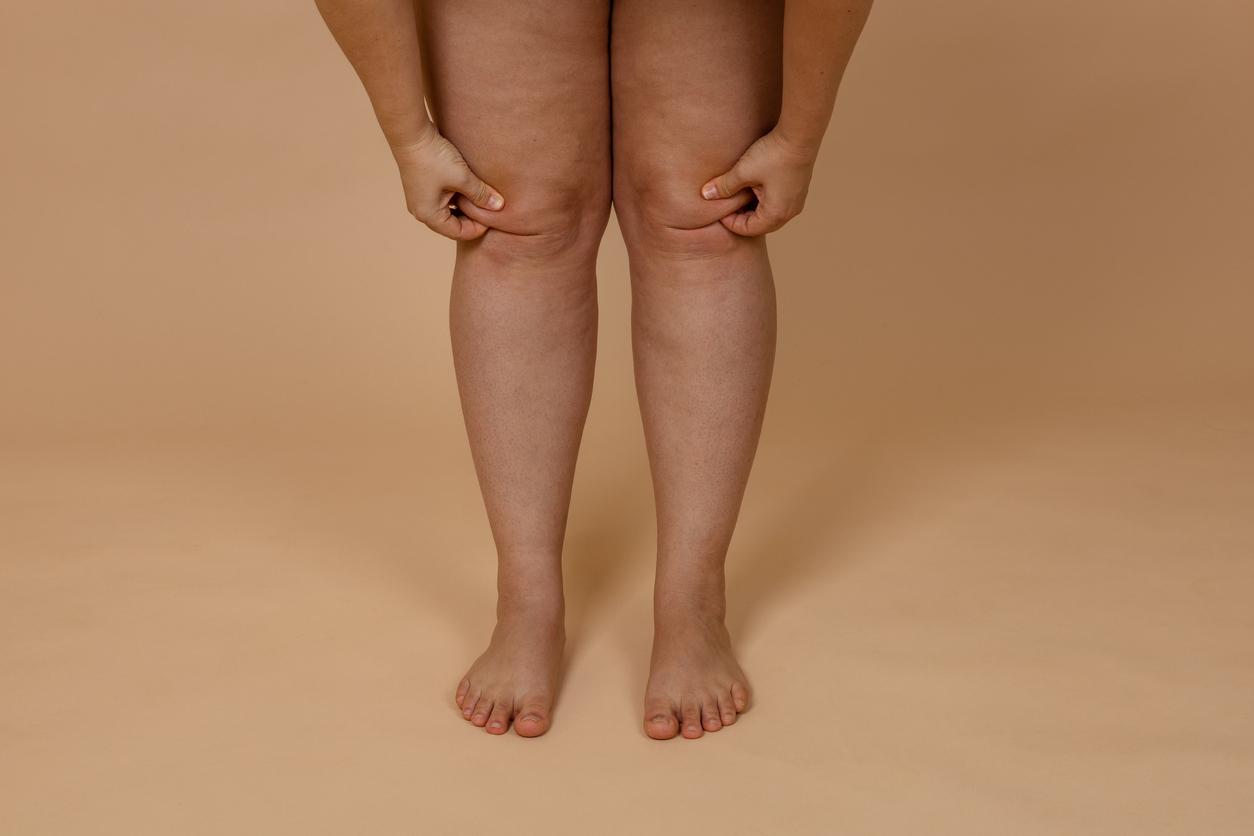Restless sleep the time of a night would have the same consequences on the body as eating pizzas, hamburgers or hot dogs for six months, according to this new study.
American researchers from the famous Cedars-Sinai hospital in Los Angeles carried out a study with 8 dogs. After depriving them of sleep overnight, they found that sleep deprivation reduced insulin sensitivity by 33% while a fatty diet would “only” reduce it by 21%. “Lack of sleep can ultimately lead to type 2 diabetes”, explains Josiane Brouchard, researcher and author of the study.
“This research demonstrates the importance of adequate sleep in maintaining blood sugar levels and reducing the risk of diseases such as obesity and diabetes“.
This study confirms the findings of researchers at the Mailman School of Public Health at Columbia University who found in the Journal of Pediatrics that lack of sleep increases the risk of developing chronic diseases such as hypertension, diabetes, depression, obesity and cancer and heart attacks. And that sleeping poorly as a teenager can set the stage for obesity later in life.
Some rules for better sleep
It is important to have “sleep patterns” by going to bed at the same time each night and getting up at the same time each morning. It is recommended that you eat light dinner, avoid caffeine, nicotine, and alcohol before bed, and do not doze off in front of a screen.
The National Sleep Foundation suggests that children ages 5 to 10 sleep 10 to 11 hours per day, adolescents (10 to 17) 8.5 to 9.5 hours, and adults 7 to 9 hours.
Read also:
Infographic: what lack of sleep is doing to your body
Infographic: all you need to know about sleep
Survey: what links between sleep and nutrition?


















